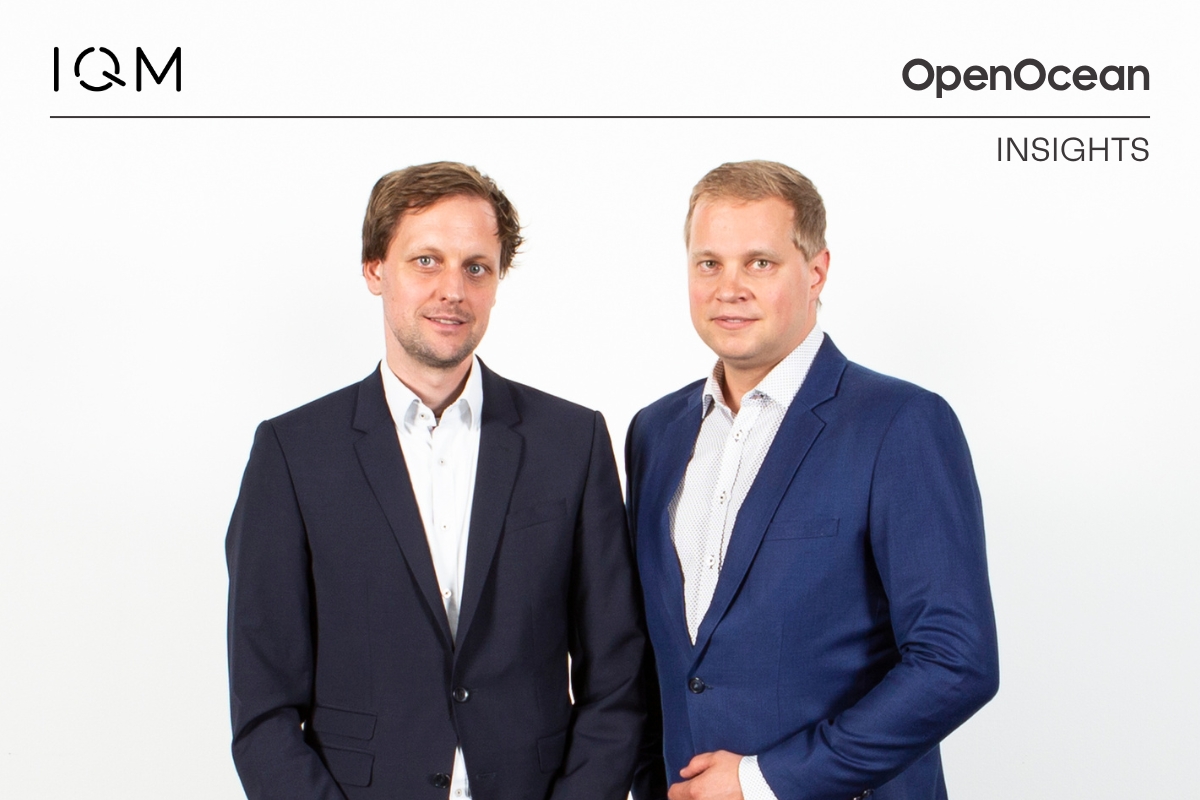
This is the first part of Scaling AI, a four-part series exploring how AI is transitioning from experimentation to delivering real-world impact for enterprises. As 2024 comes to a close, we reflect on what we’ve learned this year and what lies ahead in 2025.
By the end of 2024, we all have a slight fatigue from hearing about AI. No conference, no board meeting, no strategy or roadmap discussion takes place without touching on the AI topic. Enterprises and investors all seem too eager to put more capital and resources into the AI fire.
Let us try to understand where the investment is flowing into. In the last 10 years Cloud and respectively SaaS were the major sources of value creation for enterprises and returns for the VC industry. Just since the beginning of Covid, which marked the secondary inflection point for the Cloud, the market has grown over 5x. Today, with AI we are sensing that something similar will be happening, just with one difference: it will be overtaking businesses faster and in a more disruptive way than the cloud wave did. Thus, the incredible rush among VCs and business executives to get on this train before it is too late.
Looking under the hood, by now it is very clear that most of the spending, hundreds of billions of dollars, is flowing into just providing the compute power for AI, e.g. hardware systems that make it possible to run AI algorithms. The cost of compute will hopefully go down over time by inventing better processors. Almost all of the remaining capital is being funnelled into LLM development, driven by the pursuit of new ways to process and utilise information—a high-stakes competition that feels like a modern-day Hunger Games for enterprises. Yet, this spending (Sequoia Capital has argued that it is roughly $600B per year), is much higher than the revenues generated from AI today (which are roughly $100B). Today it is a money-losing business that is largely subsidised. What is the elephant in the room that we are not addressing?
In reality, enterprises are overwhelmed with the amount of new AI models, new features, and new agentic systems that are brought to the market almost every week in this unprecedented technological explosion. Yet, only a small fraction of models (below 10% Gartner argued) are being deployed into production. Agentic systems are new, but there are already all sorts of concerns with scaling their usage. To stay relevant and to not vanish in this AI race though, enterprises are investing heavily across the value chain, with often little clarity regarding the value they are going to extract from AI. At the same time, it becomes increasingly difficult and expensive to deploy AI without exposing yourself to all sorts of risks. It became clear in 2024 that the whole stack of working with data in a safe way, verifying the performance and stability of the models, and avoiding cybersecurity and other vulnerabilities of the AI models, is missing. It also became clear that LLMs are just a small piece of a much bigger puzzle, and in a way, we are observing the fight for the channel to AI services, similar to how your web browser is a channel to internet content, while value will be created on other levels.
Having invested in AI since 2006, and having actively invested in the first wave of AI applications (wearable devices, autonomous driving, voice assistants etc), and now staying quite cautious but fully tuned in with this new Gen AI wave, we can say that AI will disrupt a lot, if not the majority, of industries in the next 10 years. It will generate at least the same amount of value, but most probably much higher value, than the Cloud generated in the last 10 years. Specifically, we can expect DevOps, RPA, and most applications for industries such as healthcare, manufacturing, legal, finance, etc, that are now dominated by SaaS, to be shaken up by AI. New winners will emerge, with the support of the most savvy VC investors.
In 2025, we will be focusing on emerging category leaders in
- End-to-end AI platforms for specific verticals such as HR, legal, finance, health and more. Full-stack platforms delivering “out of the box ready to use” applications to their customers will be winning the AI race, as there is a huge shortage of talent to support any complex AI integrations.
- Unique datasets that provide long-term defensibility and enable very specific (but significant) use cases
- Creators of smaller more cost-efficient models serving specific domains
- Last but not least, tools that connect the dots in the AI race for enterprises: whether it is a way to easily deploy AI on your datasets, or make sure it is safe usage of AI or any other connectors that we now have in abundance in the SaaS space but are almost not existent in the AI space.
It looks a little like in 2024 financing rounds were overpriced as some of our fellow VCs felt that they missed the opportunity to invest in AI (or specifically Gen AI) on time. VCs perhaps felt they needed to pay any price now to be in this game. Our view is that the game is not over, it is just starting. We need resilience and a calm-headed approach to create the best outcomes for industries and, as a result, generate great returns for investors.


